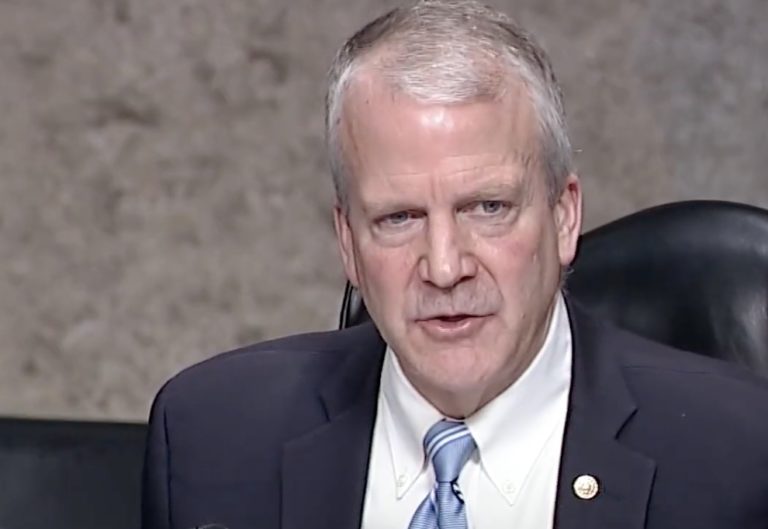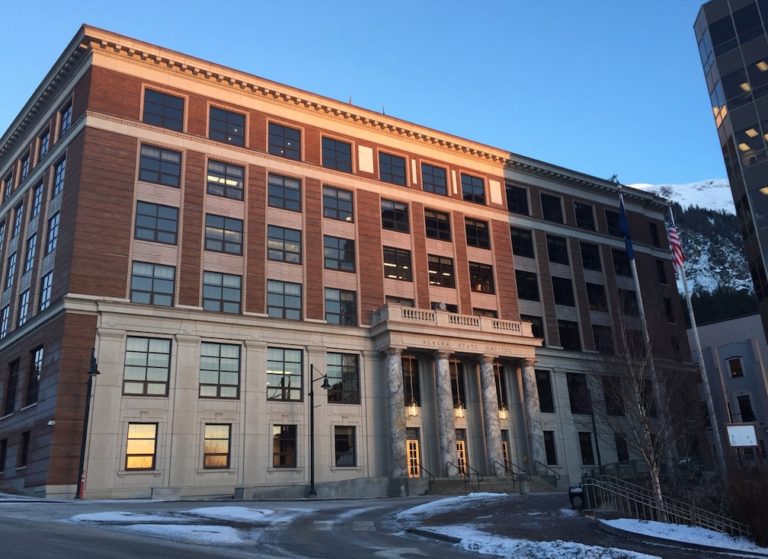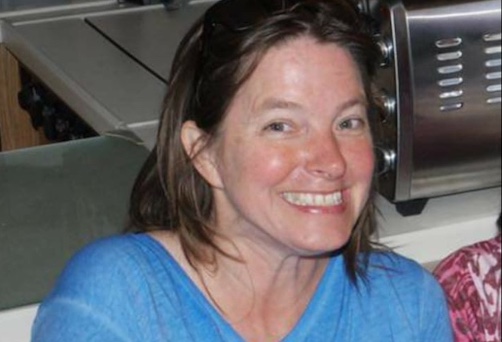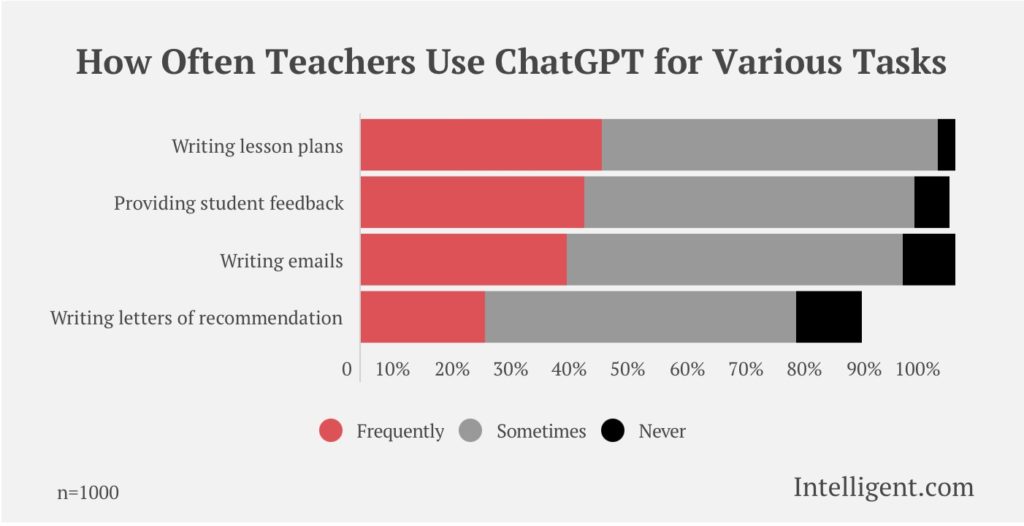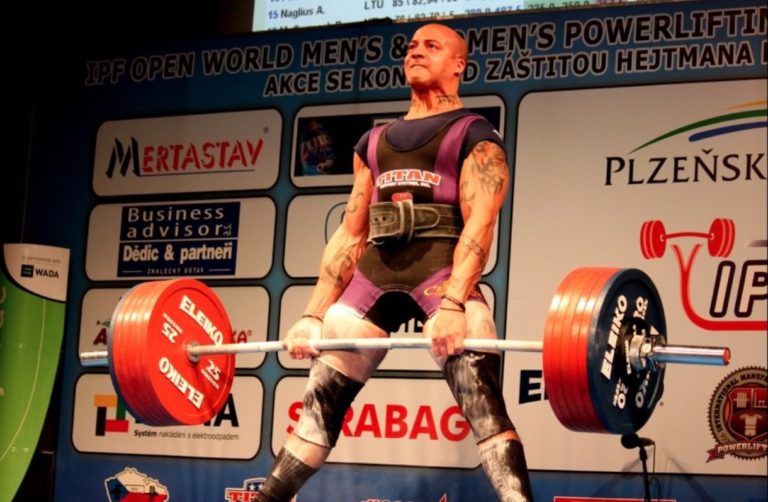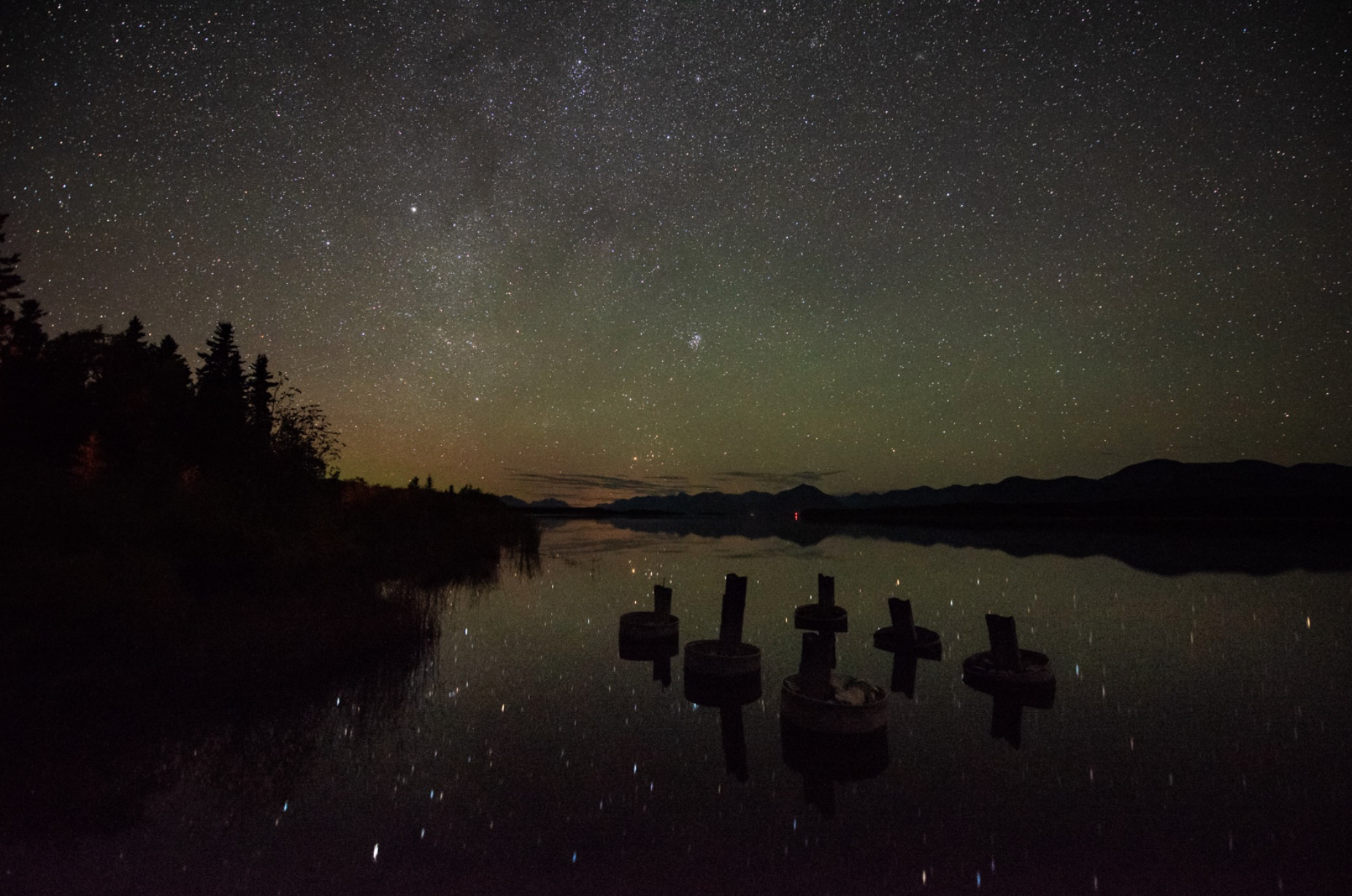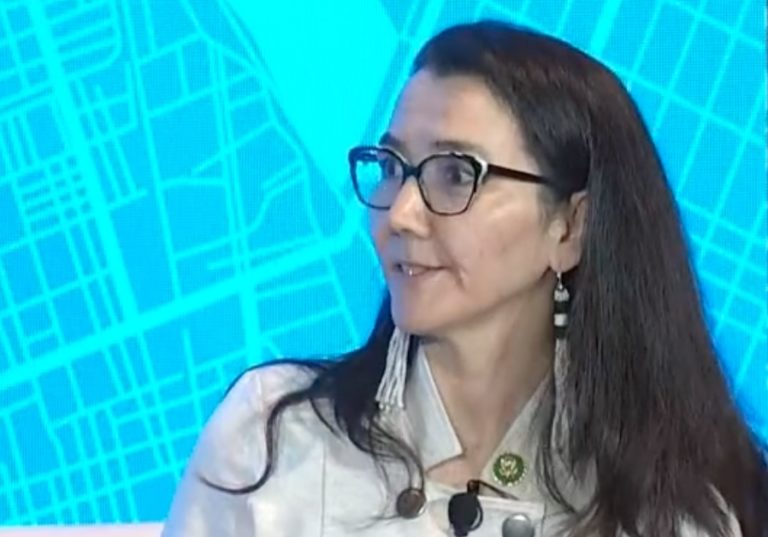Alaska Sen. Dan Sullivan, a member of the Senate Armed Services Committee and Chairman of the International Republican Institute, released a statement after Vladimir Kara-Murza, a pro-democracy Russian statesman, was sentenced to 25 years in prison:
“I strongly condemn the unjust sentencing of 25 years in prison for Vladimir Kara-Murza, a prominent advocate for democracy in Russia, for his criticism of Vladimir Putin’s brutal and completely unjust war in Ukraine,” Senator Sullivan said.
Kara-Murza was jailed for 25 years by a judge in Moscow that handed down one of the harshest sentences in recent memory. Kara-Murza was convicted of treason in a trial that appeared politically motivated, as Kara-Murza has spoken out against Putin for years and urged foreign governments to impose sanctions on Russia for human rights atrocities.
“This brazen act of intolerance highlights the fact that the weak and corrupt government in Moscow is truly afraid of those who speak the truth,” Sullivan said. “The Kremlin’s attempts to silence Vladimir and other Russian dissidents will fail to dent their desire for a free and democratic Russia. Those who seek a future of peace and political pluralism will ultimately prevail. Vladimir Kara-Murza and all other political prisoners in Russia, whose courage stands in stark contrast to Putin’s fear of his own people, should be released immediately.”
Kara-Murza is married and the father of three. He has not been allowed to speak with his wife or children, who now live in the United States for their safety, since he was jailed over a year ago.
Last Monday, Kara-Murza addressed the court in his final statement before the judge’s deliberated, saying his only regret was not being able to convince the people of Russia about the danger that Putin poses:
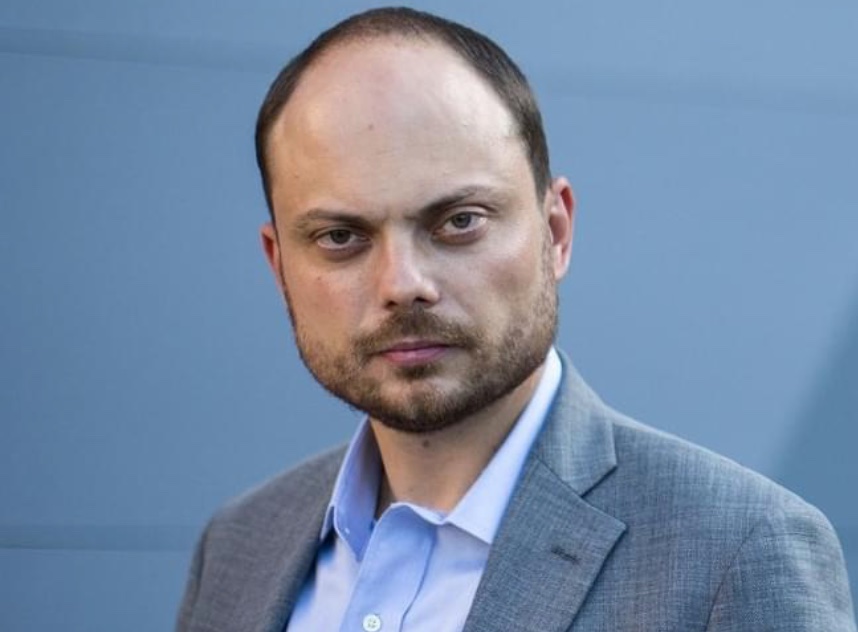
“I was sure that after two decades in Russian politics, with all that I have seen and experienced, nothing could still surprise me. I have to admit that I was wrong. I’ve been surprised by the fact that my trial in 2023 surpassed even the “trials” of Soviet dissidents in the 1960s and 70s in its secrecy and disdain for legal norms, and that’s without even mentioning the harshness of the sentence requested by the prosecution or the use of terms such as “enemy of the state.” My trial had less in common with the 1970s — it was a return to the 1930s. As a historian, I find this something worthy of reflection.
“At one point during my testimony, the presiding judge reminded me that “remorse for the deed committed” could be considered an extenuating circumstance. Though there’s little amusing about my present predicament, I couldn’t help but smile. Criminals are expected to show remorse for their actions, but I’m in prison for my political views. For speaking out against the war in Ukraine. For fighting Putin’s dictatorship for years. For enabling the adoption of personal sanctions against human rights violators under the “Magnitsky Act.”
“Not only do I not repent of any of this, I’m proud of it. I’m proud of the fact that Boris Nemtsov brought me into politics and I hope he isn’t ashamed of me. I stand by every word I’ve ever uttered and by every word this court accuses me of saying. I only blame myself for one thing: for failing to convince enough of my compatriots and politicians in democratic countries of the danger that the current Kremlin regime poses to Russia and to the world. Today it is obvious to everyone, but at a terrible price — the price of war.
“In their closing statements, defendants usually ask the court to acquit them. For a person who did not commit a crime, the only fair verdict would be an acquittal. But I ask nothing of this court. I know its verdict. I knew it a year ago when I saw people in black uniforms and black masks running after my car in the rearview mirror. This is the price of not remaining silent in Russia today.
“But I also know that the day will come when the darkness over our country will dissipate. When black will be called black and white will be called white. When it will officially be recognized that two times two is four, when the war will be called a war and the usurper a usurper, and when those who began it rather than those who tried to prevent it will be seen as criminals.
“As inevitably as spring follows even the harshest winter, that day will come. And when it does, our society will open its eyes and be horrified to discover the terrible crimes that have been committed in its name. From this realization, the long, difficult, but vital path toward recovery, Russia’s restoration, and its return to the community of civilized nations will begin.
“Even today, even in the darkness around us, even sitting in this cage, I love my country and I believe in our people. I believe that we can walk this path.“
